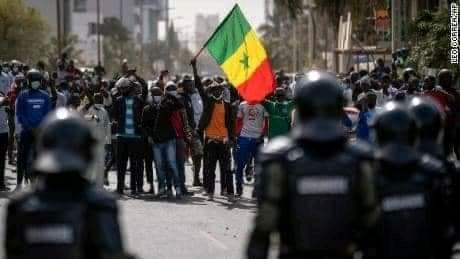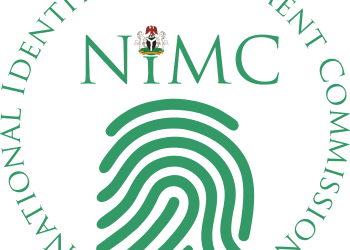At least 16 people were killed, 350 were injured and more than 500 arrested during the three days of protests, that happened in Senegal between 1 and 3 June, 2023.
United Nations Human Rights Commission who released a statement on Monday, deeply troubled over the developments in Senegal in recent weeks, where use of firearms by security forces during the protests sets a negative precedent for the country.
According to the Agency, “We note that the authorities have launched investigations and call on them to ensure that the investigations into this use of force are prompt, independent and thoroughly.
“And to bring anyone found to be responsible for unnecessary or disproportionate force to account regardless of their status and political affiliation. We offer our Office’s assistance in this respect.
It was reported that the authorities have, since the 3 June protests, denied permission for at least two other protests, including those planned for this past Friday and Saturday.
The Agency also concerned about continuing restrictions on freedom of expression and peaceful assembly in the wake of the protests.
“Walfadjiri TV, a private station, while covering the protests live, was suspended on 1 June without clear legal justification and remains off air to date.

“A Government statement said the suspension would last for 30 days. The Government has also ordered the suspension of a crowd-funding campaign for the station aimed to sustain it during the time it is unable to operate”.
Access to mobile Internet services was also restricted between 1 and 6 June, ostensibly to stop the “dissemination of hateful and subversive messages.”
Internet restrictions must be grounded in unambiguous, publicly available law; must be necessary to achieve a legitimate aim, as defined in human rights law, and proportional to that legitimate aim and non-discriminatory.
UN Human Rights reaffirmed office’s readiness to continue working with the Senegalese Government, civil society, and other partners to strengthen protection of human rights in the country.
Meanwhile, It is the primary responsibility of Senegalese authorities to preserve the country’s long-held respect for democratic traditions and the rule of law by guaranteeing the rights to freedom of peaceful assembly.

And expression, as well as the right to information by ensuring that journalists can exercise their profession freely and safely, particularly in the run-up to the 2024 presidential election.
The June 1-3 violence was sparked by a two-year sentence on opposition figurehead Ousmane Sonko for “corrupting” a young woman, making him ineligible to contest presidential polls next year.
He was initially charged with rape but was convicted on a lesser charge of morally “corrupting” a young woman in a case that lasted two years.
Sonko accuses President Macky Sall of trying to install a “dictatorship” at the apex of a corrupt elite.
Sonko, a 48-year-old former tax inspector, has spoken out against debt, poverty, food insecurity, under-funded health and education systems and corruption.












